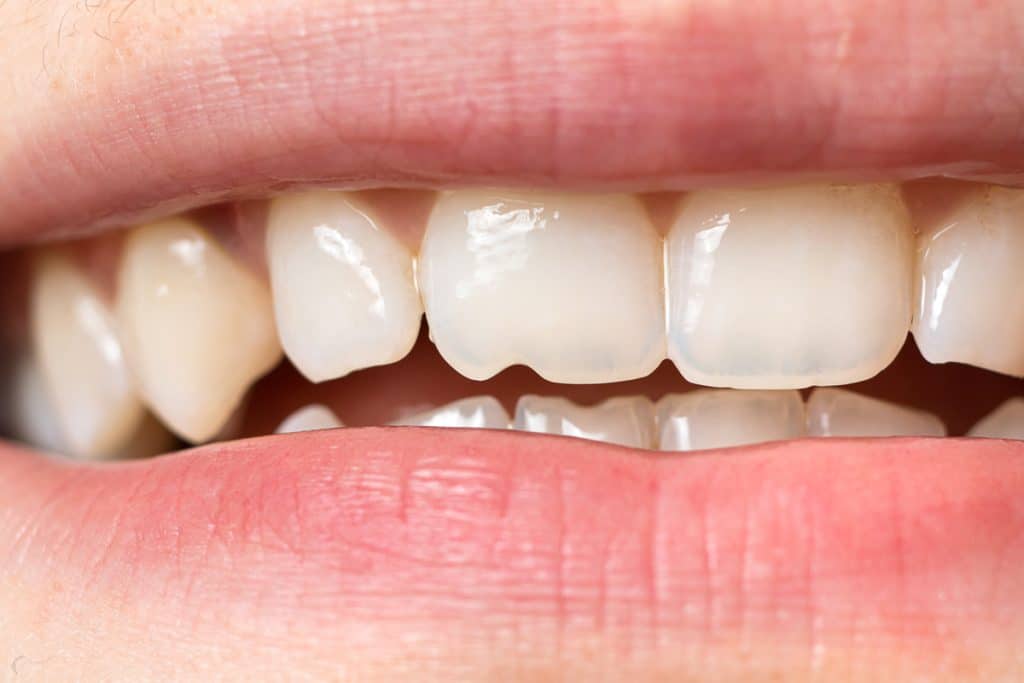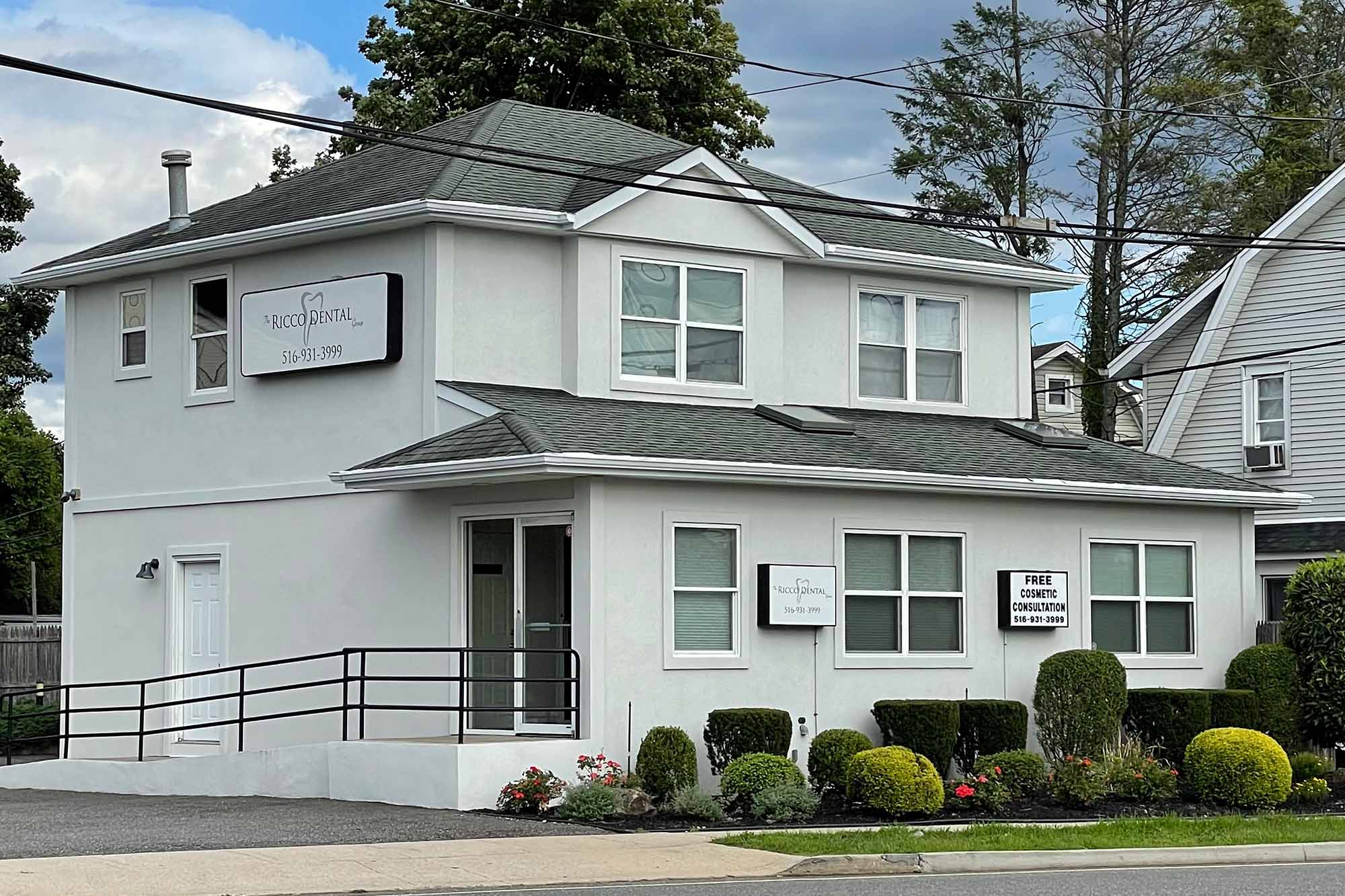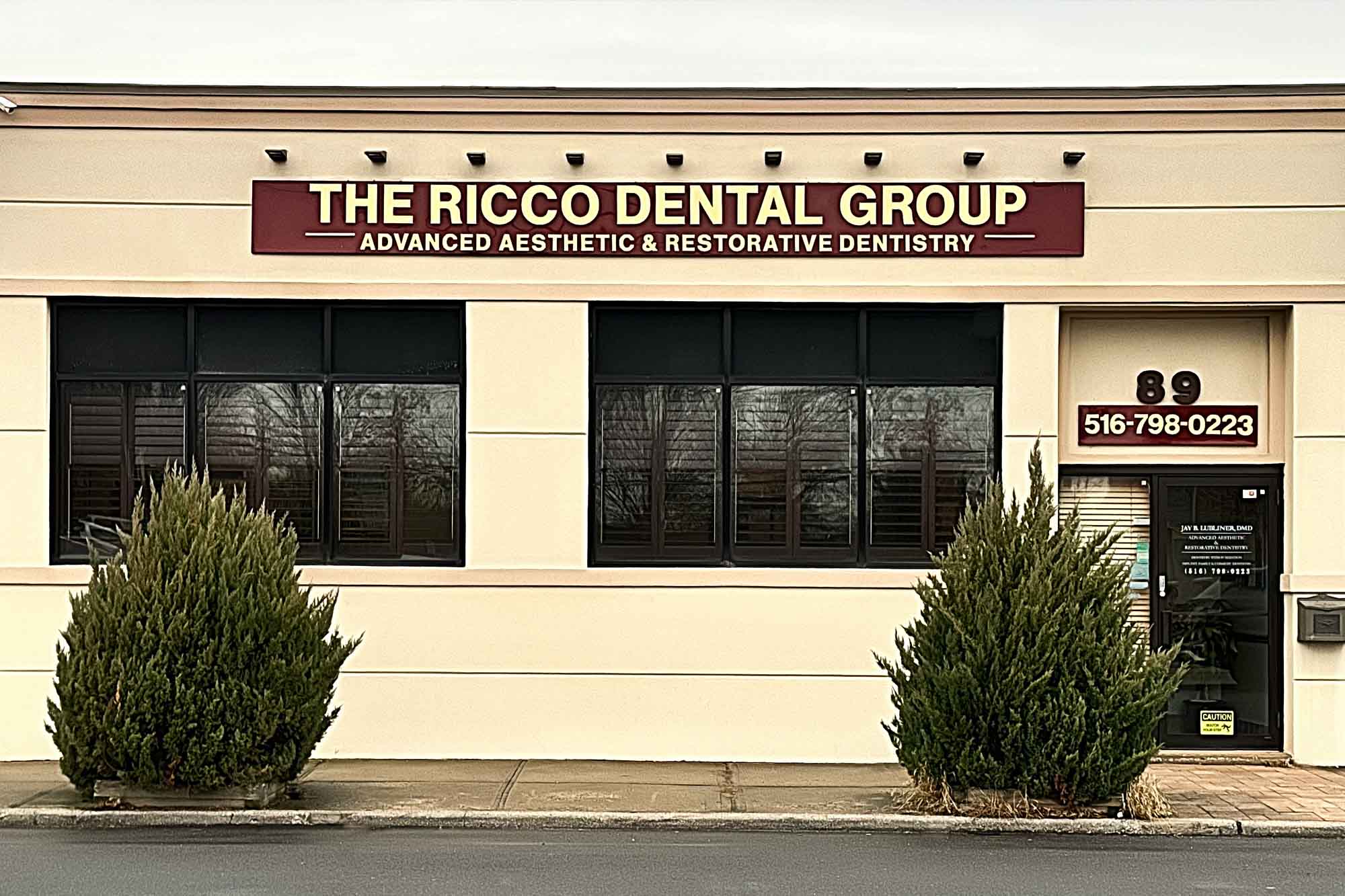5 Signs You Might Have a Cracked Tooth

A cracked tooth can happen to anyone, even with diligent oral care. Whether caused by an accident, nighttime teeth grinding, or biting into something hard, a crack in your tooth may not always be easy to detect. Some cracks are apparent, but others require close attention to certain symptoms. Catching these signs early can help prevent more significant dental problems down the road.
Why Do Teeth Crack?
Before identifying the signs, it’s essential to understand what could lead to a cracked tooth. Many common factors put your teeth at risk, such as:
- Accidents or Injuries: A sudden blow to the mouth from falling, playing sports, or other incidents can damage a tooth.
- Grinding and Clenching: Over time, grinding your teeth while you sleep or clenching them under stress can wear them down and lead to fractures.
- Hard or Crunchy Foods: Biting down on ice, tough nuts, or unpopped popcorn kernels can easily cause a crack.
- Aging: Teeth naturally weaken with time, making older adults more prone to cracks.
Regardless of the reason, paying attention to symptoms helps you address the issue before it causes severe damage.
The Top 5 Signs of a Cracked Tooth
Tooth cracks don’t always come with obvious symptoms. But if you notice any of the following signs, it’s worth discussing with your dentist.
1. Intermittent Toothache
If you experience a toothache that comes and goes unpredictably, it could indicate a crack. The pain often happens because the crack briefly exposes sensitive inner parts of the tooth. You might feel fine one day, only for the discomfort to return unexpectedly. Even if the pain isn’t constant, it’s important not to ignore it.
2. Sharp Pain When Eating
Feeling sharp or sudden pain when chewing could be another clue. This sensation is especially noticeable when you bite down on something firm. Cracks in the tooth can spread apart while chewing, which irritates the tooth’s nerve. The pain may seem to radiate or feel vague, but it often appears when the tooth is under pressure.
3. Sensitivity to Temperature
A cracked tooth may cause unusual sensitivity to hot or cold foods and drinks. This issue happens because the crack can expose the delicate nerve inside the tooth, allowing the temperature to reach sensitive areas normally shielded by your enamel. Even a sip of ice water might make the discomfort noticeable.
4. Swelling or Gum Irritation
Sometimes, cracks make the tooth vulnerable to infection. When bacteria enter through the crack, it can cause swelling or redness in the gums near the tooth. You may notice tender spots, puffiness, or small bumps on your gums, which could indicate trouble brewing beneath the surface.
5. Unexplained Tooth Pain
When your tooth or jaw hurts but you can’t pinpoint the reason, a hidden crack could be to blame. Pain from a cracked tooth doesn’t always stay localized, meaning it might feel like discomfort across a larger area in your mouth. If nothing else explains this pain, you should investigate further.
What Happens Next?
Treating Cracks Above the Gum Line
If the crack is limited to the top portion of the tooth, your dentist can often save it. The process usually begins with a root canal to clean out any damaged or infected tissue inside the tooth. Once this step is complete, a filling or resin material is used to repair the tooth’s structure. To finish, a protective crown is placed over the tooth to strengthen it and prevent further cracking or infection.
Treating Cracks Below the Gum Line
Unfortunately, deeper cracks reaching the root are harder to treat. At this stage, the tooth often becomes unstable and may need to be removed. After an extraction, your dentist can help you explore replacement options, such as implants, bridges, or dentures, to restore your smile and chewing function.
Early Treatment Matters
The sooner you act on potential symptoms, the easier it is to address a cracked tooth and stop further complications. Don’t wait for pain or damage to worsen before seeking care.
Frequently Asked Questions About Cracked Teeth
Can a cracked tooth heal on its own?
Unfortunately, a cracked tooth cannot heal on its own. While enamel is strong, it lacks the regenerative capabilities of other body tissues. Prompt dental attention is necessary to prevent the crack from worsening and to protect the tooth structure.
Is a cracked tooth always painful?
Not always. Some cracks may cause discomfort or sensitivity, especially when chewing or exposed to hot and cold temperatures, but others may not present symptoms initially. Even painless cracks should be evaluated by a dentist to avoid potential complications.
Think You Have a Cracked Tooth?
If you notice any signs mentioned above, schedule a visit with your dentist. Early detection provides the best chance of saving the tooth and maintaining your oral health. An endodontist or dental specialist can offer the proper diagnosis and recommend the best treatment plan for you.
Ignoring symptoms could lead to more significant problems, so take action. By staying proactive, you can protect your teeth and avoid unnecessary discomfort.
At The Ricco Dental Group, we are committed to providing expert care and personalized solutions for all your dental needs. Our team combines advanced techniques with compassionate service to help you maintain a healthy, confident smile. Contact us to protect your oral health and address concerns effectively—your smile is our priority.




